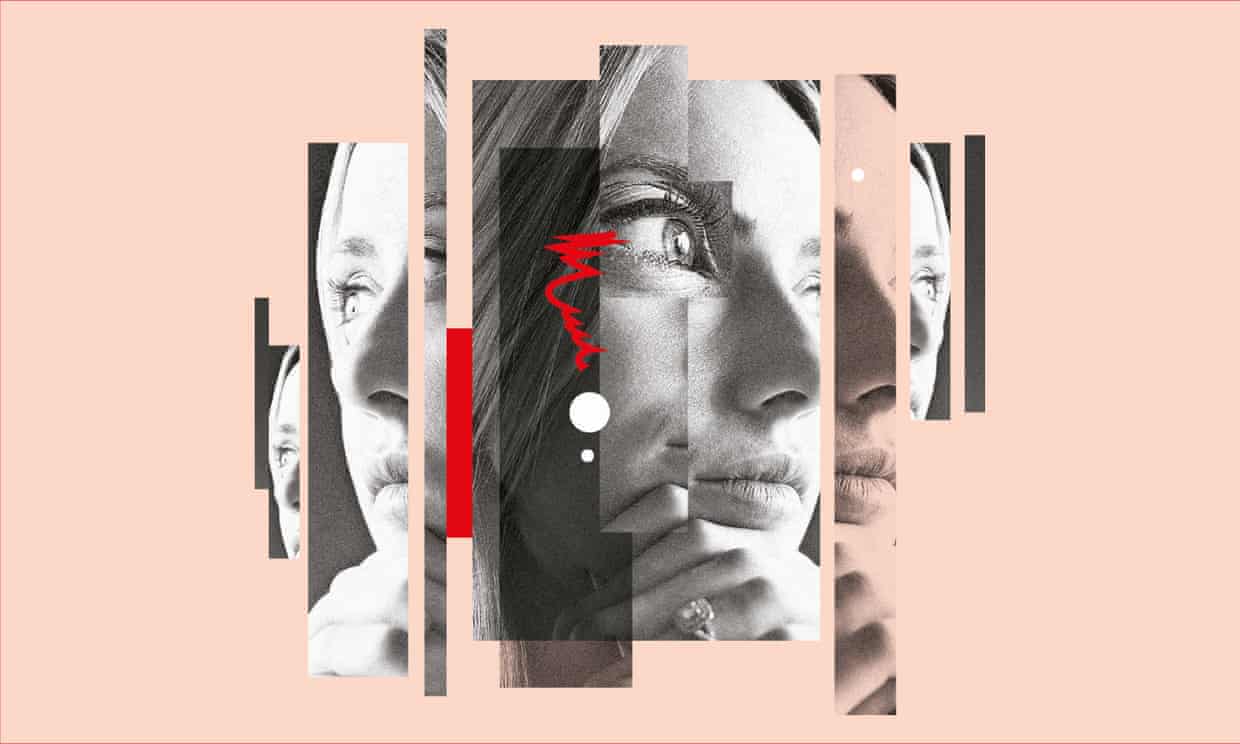The Guardian speaks to a number of mental health professionals to find out why populations around the world are suffering unprecedented levels of everyday anxiety, according to recent studies. There are obvious factors, such as increasing economic insecurity, but there are less obvious factors as well, such as the ceaseless imperative to cultivate and perfect the self. Here’s an excerpt:
According to Laura Whitehead, the partnerships manager of Anxiety UK, anxiety becomes a problem when it is disproportionate to the risk or obstacle that causes it. She advises observing when worry begins to interfere with daily life. “If you start to lose interest in what you would usually be doing, if you’re noticing physical pain or rapid heartbeat, if you’re finding excuses not to go places because you’re worried about certain things occurring …” The physical manifestations include trembling, headache, pins and needles, sweating, stomach ache, muscular pain, excessive tiredness or awakeness and a change in appetite.
These symptoms seem common enough for most people to claim a few. But begin to look for them and you might spur a hyper-vigilance which itself induces anxiety, causing more symptoms to present. You can see how anxiety spirals. Why are these such anxious times?
Obvious social, cultural and economic factors include the financial crisis of 2008 – the year when the word “anxiety” reaches its highest frequency since 1860, according to Google Ngram – and the subsequent austerity, overwork, unemployment and unaffordable housing. Ruth Whippman, the author of The Pursuit of Happiness and why it’s Making us Anxious, adds the search for happiness to the list – because “the expectations of how happy you should be are so high, you always feel you are falling short”. From global terrorism to loneliness, there is a worry to suit us all. And a drug, too: maybe the pharmacological companies are the big winners of rampant anxiety.
Cynics may think those who report anxiety overstate their worry because they have nothing better to fret about. (This view is complicated by the fact that cynicism is sometimes a coping mechanism for anxiety.) Even Stossel, despite having been diagnosed as having several anxiety disorders including specific phobias, doesn’t rule it out. He thinks that “the critics who say this is invented are wrong, but not completely wrong … If you lived in the middle ages, you were born what you were born and you did what you did. It may be that some increase in the quantum of overall anxiety is the price we pay for more economic freedom, more choice.”
Image via The Guardian.
